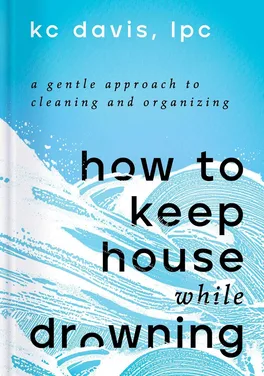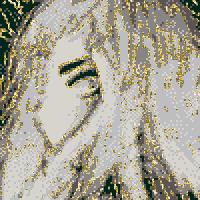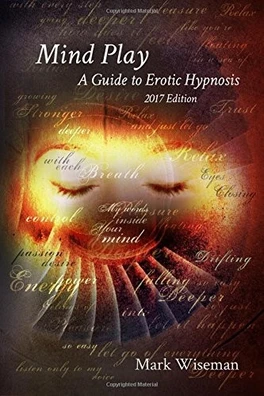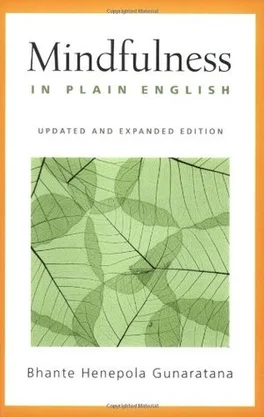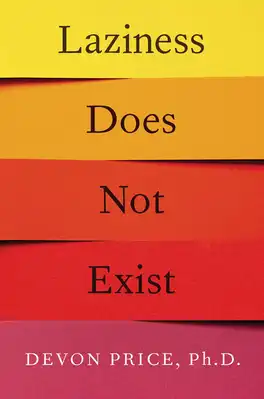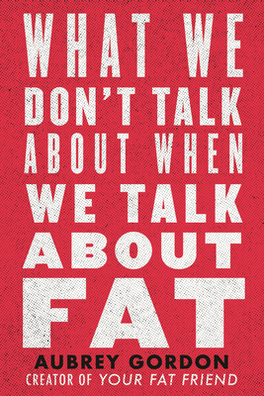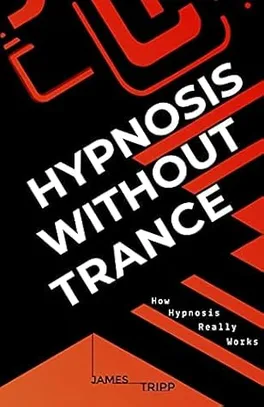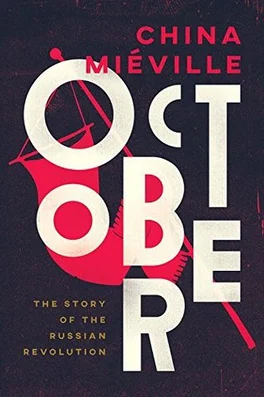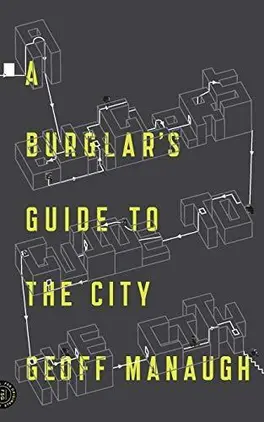
Every city implies the crimes that will someday take place there.
I was not expecting this to teach me how to rob a bank, but I was hoping it would have more in the way of discussions of how buildings and cities are constructed rather than just talking about very broad strokes concepts. Maybe a diagram or two, y’know? I believe I first heard about this from reading a game developer talk about how it changed how they thing of spaces and construction of locations and of game levels. I think it might have been Heather Flowers? It is not quite what I expected from that half-remembered description of it that I read a few years ago, but that’s hardly the fault of the book.
I do think the text is a bit myopic, focusing on architecture and dismissal of all else. That is, somewhat, the point of the book: To take an architectural view on criminality, but it leads it to things like raise concerns with the creep in what is seen to legally define burglary in the United States primarily in terms of some abstract slippery slope magical thinking defining what constitutes architecture and not of it as ever-increasing criminalisation and abuse of state power, and seems far worried about this than of the surveillance state, which is dismissed as not that big of a deal.
It wants to, and acknowledges that it wants to, focus on interesting, sexy, capers and sophisticated career criminals—an architect turned bank robber of course gets a large part of a chapter dedicated to him—but the vast majority of property crimes are committed by the poor and desperate, who are only fit to be included as humorous aside so we can laugh at how hapless they are.
